Download the group photos here
Workshop chairs
Katherine L. (Katie) Bouman, California Institute of TechnologyAchuta Kadambi, University of California - Los Angeles
David Lindell, Stanford University
Keynote Talks

Alexei (Alyosha) Efros, UC Berkeley
Title: Using Machine Learning to Detect Image Manipulation
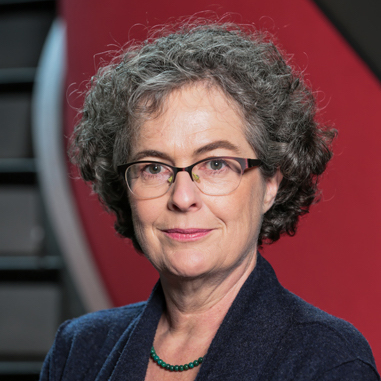
Sabine Susstrunk, EPFL
Title: Denoising re-visited...once again
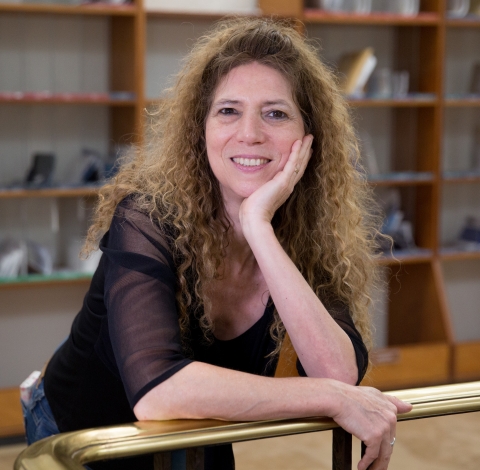
Michal Irani, Weizmann Institute of Science
Title: Deep Internal Learning
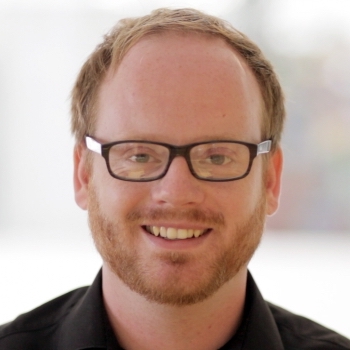
Gordon Wetzstein, Stanford
Title: Computational Imaging at Stanford
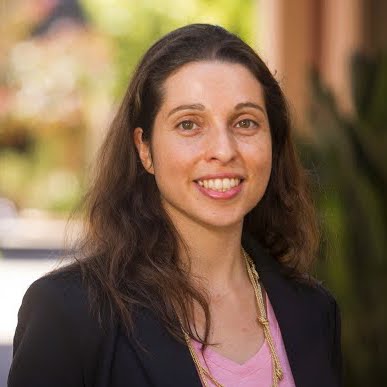
Orly Liba, Google
Title: Computational Photography in Very Low Light
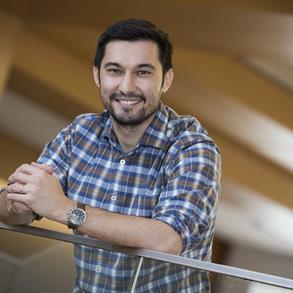
Ulugbek Kamilov, Washington University in St. Louis
Title: Regularization by Artifact Removal (RARE): Image Reconstruction using Deep Priors Learned without Groundtruth
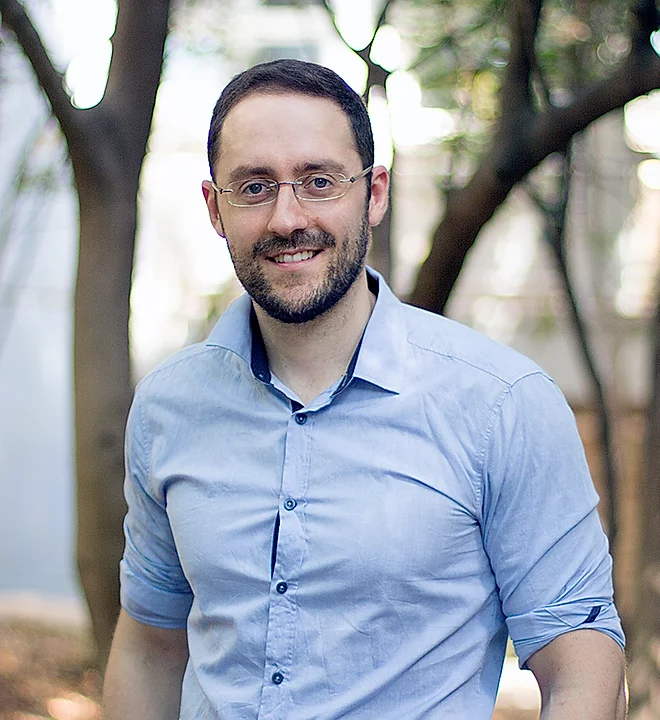
Mark Sheinin, Carnegie Mellon University (CMU)
Title: The Yin and Yang of Structured Light in Computer Vision
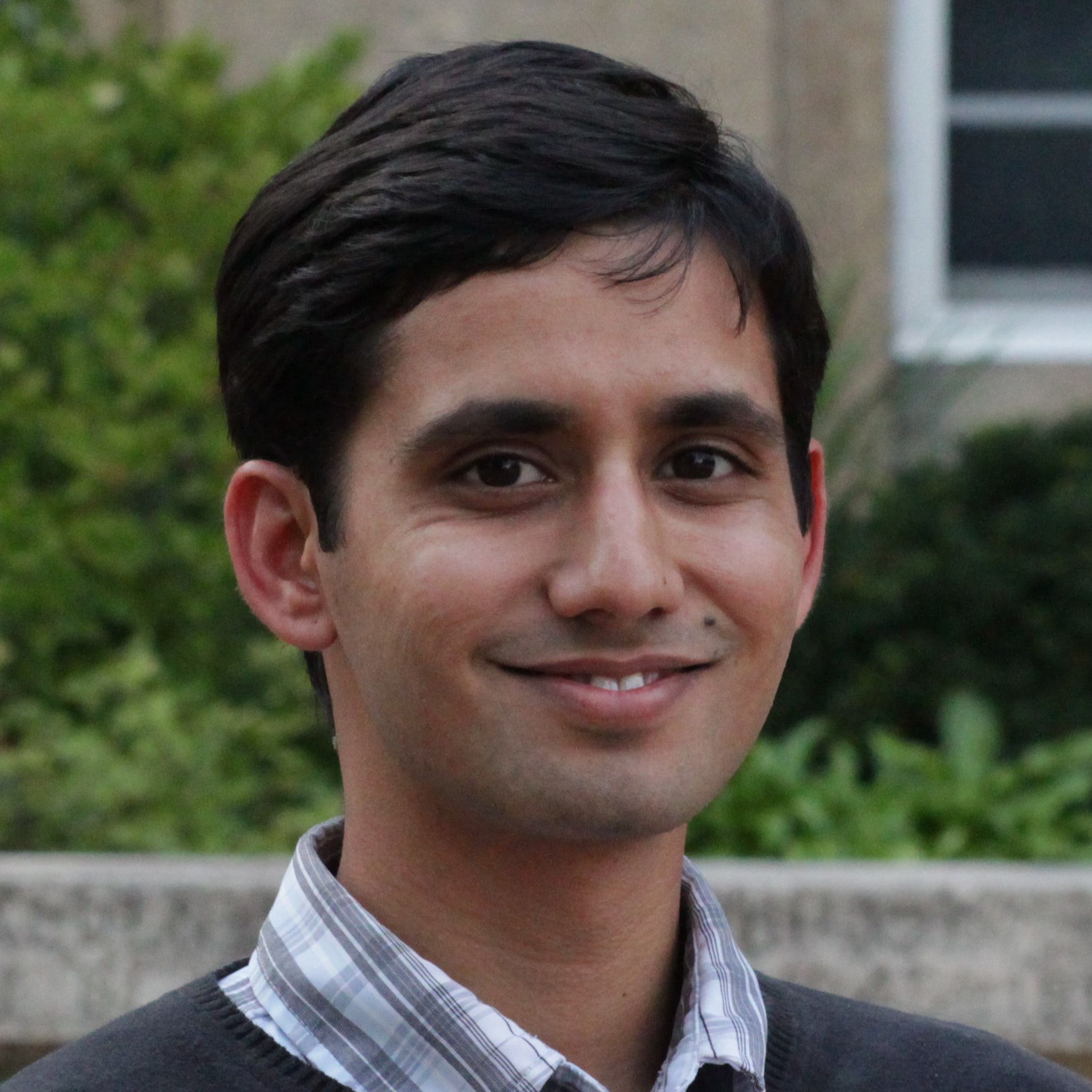
Atul Ingle, University of Wisconsin-Madison
Title: Computational Imaging with Single Photon Cameras

Shumian Xin, Carnegie Mellon University (CMU)
Title: A Theory of Fermat Paths for Non-Line-of-Sight Shape Reconstruction
Schedule
| Time | Speakers |
| Introduction (8:45 - 9:00) | |
| First Block (9:00 - 10:30) | Michal Irani: Deep Internal Learning |
| Mark Sheinin: The Yin and Yang of Structured Light in Computer Vision | |
| Ulugbek Kamilov: Regularization by Artifact Removal (RARE): Image Reconstruction using Deep Priors Learned without Groundtruth | |
| Break (10:30 - 10:45) | |
| Second Block (10:45 - 12:00) | Sabine Susstrunk: Denoising re-visited...once again |
| Spotlights | |
| Lunch (12:00) | |
| Third Block (1:00 - 2:45) | Gordon Wetzstein: Computational Imaging at Stanford |
| Atul Ingle: Computational Imaging with Single Photon Cameras | |
| Spotlights | |
| Break (2:45 - 3:00) | |
| Fourth Block (3:00 - 4:30) | Orly Liba: Computational Photography in Very Low Light |
| Shumian Xin: A Theory of Fermat Paths for Non-Line-of-Sight Shape Reconstruction | |
| Alyosha Efros: Using Machine Learning to Detect Image Manipulation | |
| Final Remarks (4:30 - 4:45) |
Spotlights
| Title | Authors |
| A Monte Carlo framework for rendering speckle statistics in scattering media | Chen Bar, Marina Alterman, Ioannis Gkioulekas, Anat Levin |
| Compressive video with lensless cameras | Nick Antipa, Patrick Oare, Emrah Bostan, Ren Ng, Laura Waller |
| Cosense: Learning a probabilistic strategy for computational imaging sensor selection | He Sun, Adrian V. Dalca, Katherine L. Bouman |
| DehazeGlasses: Optical dehazing with an occlusion-capable see-through display | Yuichi Hiroi, Takumi Kaminokado, Atsushi Mori, Yuta Itoh |
| Flatnet: Towards photorealistic scene reconstruction from lensless measurements | Salman S. Khan, Varun Sundar, Vivek Boominathan, Ashok Veeraraghavan, Kaushik Mitra |
| HeartCam: Camera-based physiology monitoring in the wild | Ewa M. Nowara, Tim K. Marks, Hassan Mansour, Amruta Pai, Genki Nagamatsu, Hiroshi Kawasaki, Ashok Veeraraghavan |
| Interferometric transmission probing with coded mutual intensity | Alankar Kotwal, Anat Levin, Ioannis Gkioulekas |
| Keyhole Imaging: Non-line-of-sight imaging and tracking of moving objects along a single optical path | Christopher A. Metzler, David B. Lindell, Gordon Wetzstein |
| Memory-efficient learning for large-scale computational imaging systems | Michael Kellman, Eric Markley, Kevin Zhang, Jon Tamir, Emrah Bostan, Michael Lustig, Laura Waller |
| Modeling defocus disparity in dual pixel sensors | Abhijith Punnappurath, Abdullah Abuolaim, Mahmoud Afifi, Michael S. Brown |
| MonSter: Awakening the mono in stereo | Yotam Gil, Shay Elmalem, Harel Haim, Emanuel Marom, Raja Giryes |
| Optical backpropagation training method and its applications | Tiankuang Zhou, Lu Fang, Tao Yan, Jiamin Wu, Yipeng Li, Jingtao Fan, Huaqiang Wu, Xing Lin, Qionghai Dai |
| Optical Deep Residual Learning | Hongkun Dou, Yue Deng, Tao Yan, Huaqiang Wu, Xing Lin, Qionghai Dai |
| Patch scanning displays: spatiotemporal enhancement for displays | Kaan Aksit |
| Photosequencing of motion blur using short and long exposures | Vijay Rengarajan, Shuo Zhao, Ruiwen Zhen, John Glotzbach, Hamid Sheikh, Aswin C. Sankaranarayanan |
| Sea-thru: A method for removing water from underwater images | Derya Akkayanak, Tali Treibitz |
| Spatiotemporal Coded Imaging for Motion Deblurring | Shay Elmalem, Raja Giryes, Emanuel Marom |
| Spectral DiffuserCam: Lensless snapshot hyperspectral imaging with a spectral filter array | Kristina Monokhova, Kyrollos Yanny, Neerja Aggarwal, Laura Waller |
| SweepCam—depth-aware lensless imaging using programmable masks | Yi Hua, Shigeki Nakamura, M. Salman Asif, Aswin C. Sankaranarayanan |
| Towards learning-based inverse subsurface scattering | Chengqian Che, Fujun Luan, Shuang Zhao, Kavita Bala, Ioannis Gkioulekas |
| Towards occlusion-aware multifocal displays | Jen-Hao Rick Chang, Anat Levin, B.V.K Vijaya Kumar, Aswin C. Sankaranarayanan |
| Towards reflectometery from interreflections | Kfir Shem-Tov, Sai Praveen Bangaru, Anat Levin, Ioannis Gkioulekas |
| Towards unaligned guided thermal super-resolution | Honey Gupta, Kaushik Mitra |
Sponsors


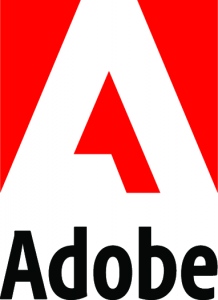
Participate
Spotlight Submissions
CCD spotlights will give an opportunity to showcase previously published or yet-to-be published work to a larger community at CVPR. Due to the likely virtual format of this year's CVPR conference, accepted abstract submissions will be presented as a spotlight presentation during the main workshop. This year selected spotlights will be selected through abstract submissions.
*Note: Submitted abstracts do not appear in any proceedings.
Submissions should include 1-2 paragraphs (at most 1 page) describing the proposed poster/demo, relevant figures, as well as author names and affiliations. Please send submissions by email directly to: ccd.workshop.2020@gmail.com.
Important Dates
- Spotlight submission deadline: May 29, 2020
- Spotlight decision: June 5, 2020
- Workshop date: June 19th, 2020
Venue
The CCD workshop is part of the CVPR 2020 workshops. Please see the CVPR webpage for information.
